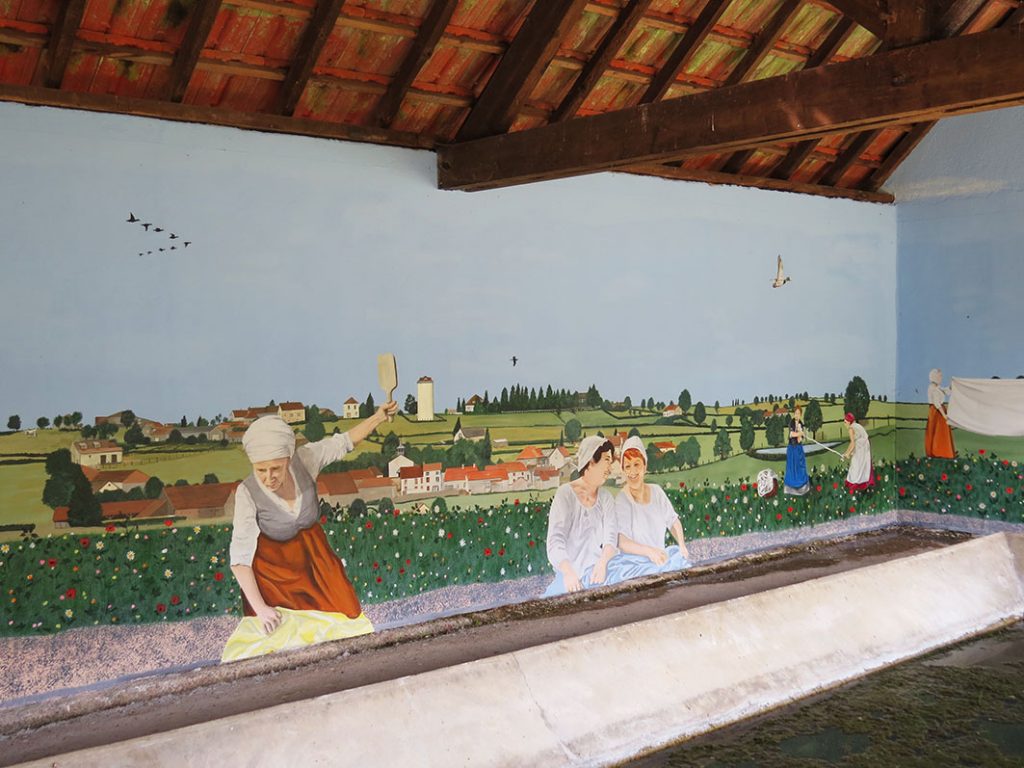
As a result, the hotels and hospitality groups that are built on a foundation of uplifting their communities are those that will continue to lead in the industry. In the age of conscious consumerism, travelers are increasingly looking to support brands that prioritize community. This article is featured in O'Dwyer's Jul. Hotels that don’t attempt to engage with their local communities miss out not only on key resources but also on enriching their guests’ experiences. Not only is the community a source of business for them, it’s also the home of their employees and their families, their local craftsmen and vendors and, most crucially, a key component in their property’s DNA. With this evolution, hotel management teams have realized the responsibility they have to support their communities. Travelers have increasingly realized that to truly experience a destination, they need to support hotels that reflect and support its local community. This could be as simple as a hotel using honey from a local beekeeper or other purveyors, or on a greater scale having a commitment to hiring local and pledging a percentage of profits to community charities. Oftentimes, the hotel itself is the reason for the trip, but increasingly travelers are looking for hotels that truly reflect and support the destination’s community. No longer are people visiting cities just to see the famous landmarks or “check a destination off their list,” with the hotel being secondary. If you’d rather enjoy the beautiful landscapes around, you can take one of many local walks or admire the scenic views from horseback (there is a horse riding center nearby).The evolution of hotels and their purpose has greatly evolved from simply offering a place to sleep and get a bite to eat in a city where one was doing business or visiting family. The market town of Hexham is just over ten minutes away by car, and the Hadrian Wall, the most famous Roman remains on British soil, can be reached in twenty minutes. The hotel is also a great spot for visiting other historical sights. You can indulge in one (or all) of four different variations of the afternoon treat in a medieval drawing room with a log fireplace and walls dressed in tapestries.Įvery morning, there is a dedicated tour of the castle and the battlements. The afternoon tea tradition is taken seriously here and not to be missed.

The menu consists of elegant reinventions of classic dishes using local seasonal produce and is served in the opulent, candle-lit dining hall. The latter will welcome you with a stone-walled bathroom, lancet windows, and a cozy window seat carved out in the thick castle walls.Īs expected, the castle restaurant offers a real fine dining experience. You can stay in a nearby building where you get a perfect castle view from your room or opt for one of the luxurious suites in the castle itself. The rooms have a truly regal touch with four-poster beds, heavy velvet curtains, and mahogany furniture.

Whether you dreamed of being a princess or a knight fighting off the dragon, this place is sure to tickle your imagination. Located in a gorgeous 14th-century castle in Northumberland, England, Langley Castle Hotel is your childhood fantasy come true.


 0 kommentar(er)
0 kommentar(er)
